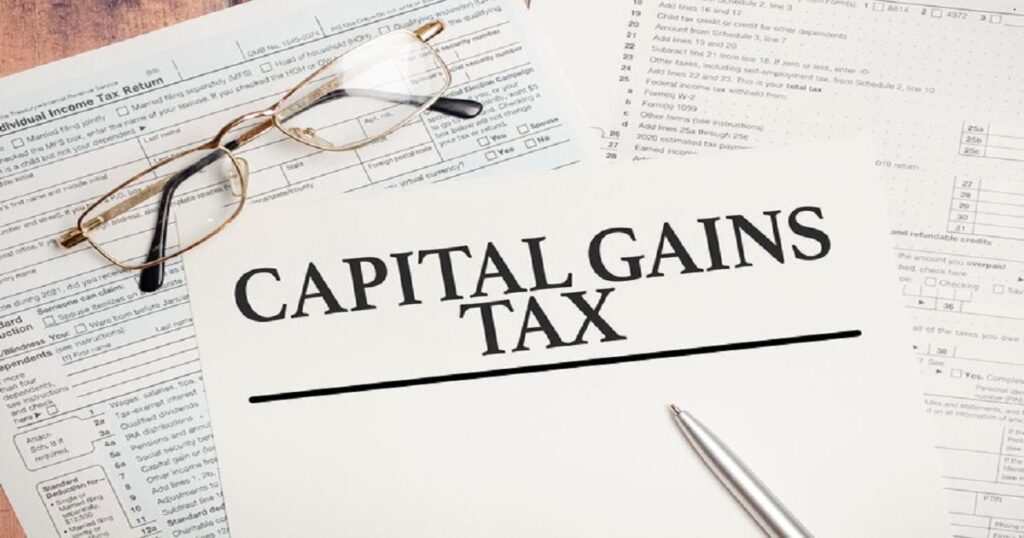What is a Taxpayer Relief Application? When taxpayers are unable to meet tax payment deadlines or fu...
Introduction: CRA’s Limitations on Collecting Old Tax Debt If you have an unpaid tax liability tha...
Introduction: The Canadian Tax Objections Process Under subsection 165(1) of Canada’s Income Tax A...
Introduction: CRA’s Power to Compel Oral Interviews Since December 15, 2022, the Canada Revenue Ag...
Introduction Many taxpayers find themselves overwhelmed by tax debts, compounded by other financial ...
Introduction One of the most impactful changes in recent tax policies includes increased funding for...
Introduction Polymarket, a decentralized prediction market platform, has emerged as one of the mos...
Introduction Crypto betting, the practice of placing bets or wagers using cryptocurrencies, has ga...
Introduction: The world of cryptocurrency is ever-evolving, and as it continues to grow, so do the t...
Introduction: The rise of cryptocurrencies and other digital assets has introduced new challenges fo...











